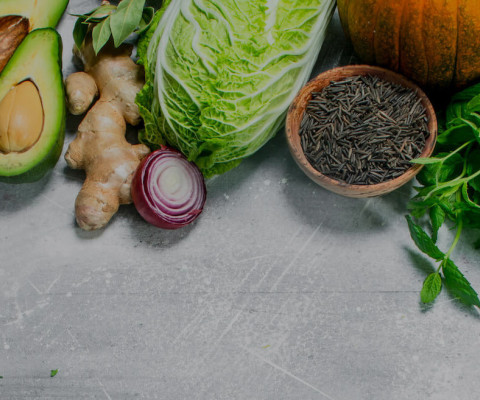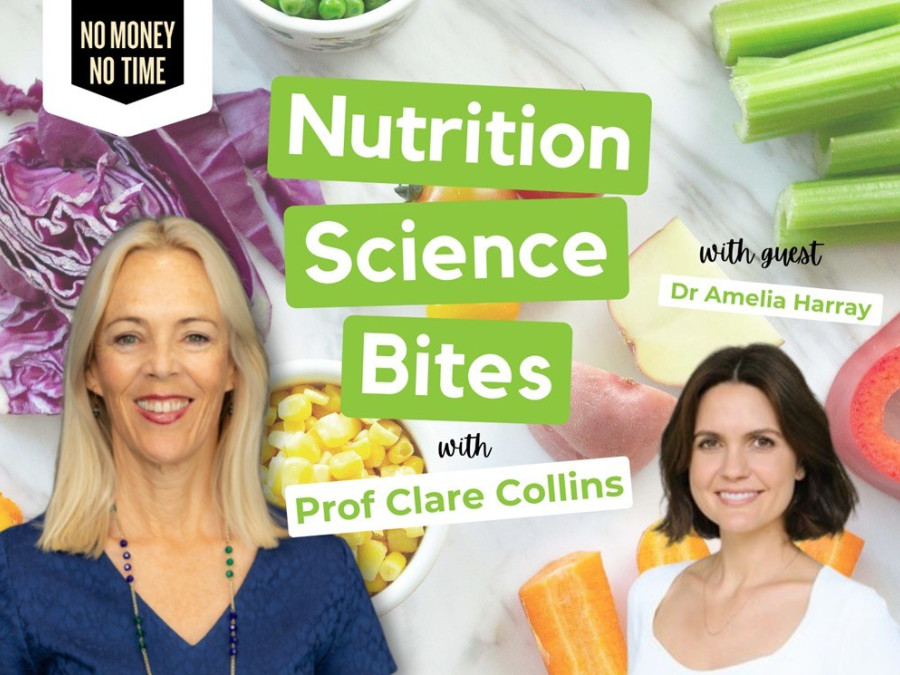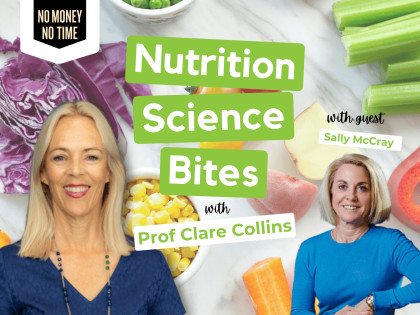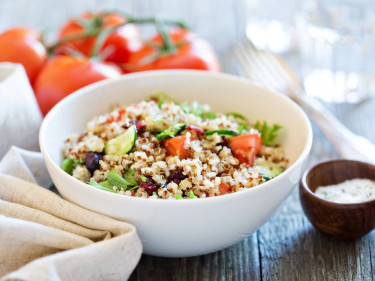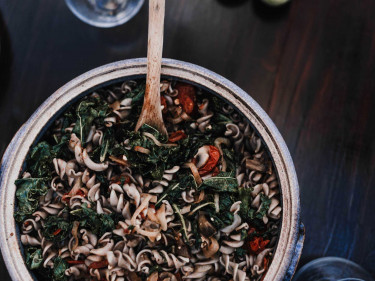Plastic is part of our world! Drink bottles, baby bottles, cups, cookware, supermarket foods packaged in plastic, take away containers and cosmetics. With microplastics 'everywhere' in the environment, what are the implications for the foods we choose to eat (or not) and the products we use every day?
Dr Amelia Harray is an Advanced Accredited Practising Dietitian (AdvAPD) and Clinical Researcher with a PhD in sustainable diets and a lifetime of plant-based eating. Amelia is the Clinical Lead and Senior Investigator on the Plastic Exposure Reduction Transforms Health (PERTH) Trial at the University of Western Australia, which is investigating the impact of plastics in our diets and how reducing exposure could potentially improve health.
Amelia also founded Eat Sustainably, a social enterprise that supports individuals and businesses improve nutrition and reduce planetary impact.
- Make Dr Amelia's recipe HERE
- Plastic, diet and human health - Article HERE
- More information on Dr Amelia Harray's Eat Sustainably organisation can be found HERE
- Follow Dr Ameila Harry/Eat Sustainably on Instagram, Twitter, Facebook, LinkedIn, TikTok and YouTube
- Find more information about the Plastic Exposure Reduction Transforms Health (PERTH) Trial HERE
More about Eat Sustainably
The mission of Eat Sustainably is to empower people to eat more whole plant-based foods, use less plastic and waste less food. We work hard with members and businesses to break down stigma around plant-based foods and make evidence-based dietetic advice accessible and practical. Eat Sustainably online membership for individuals and corporate nutrition services (EAP programs, catering reviews, presentations, workshops) to help companies reduce emissions.
